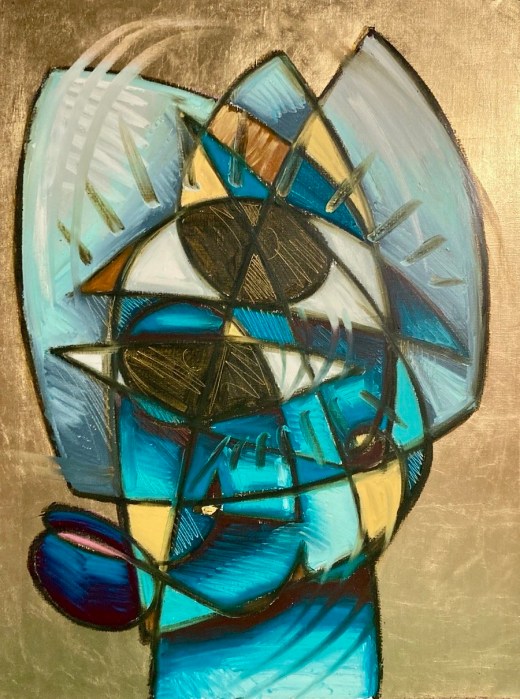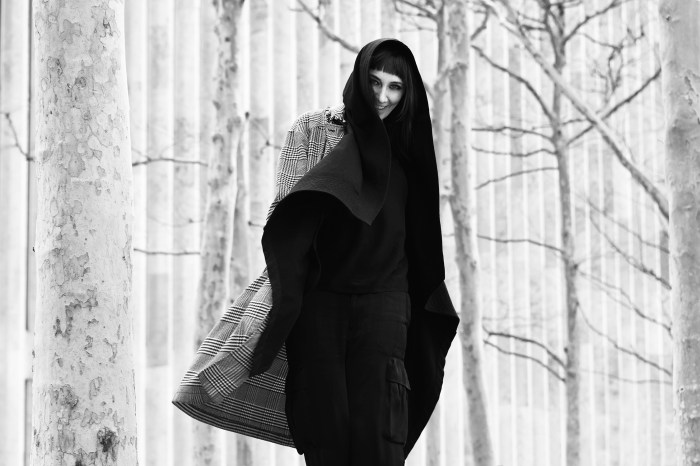By Wickham Boyle
What mother hasn’t felt like a lioness while rearing babies in whatever jungle we inhabit? A mother is the fiercest beast in the bush, forest, jungle or city.
A mother has no ability to take her own needs as paramount: She lives, while her cubs are small, just for them. I have been that mother lion. While on a recent visit to East Africa, Kenya and Tanzania, I had the predawn privilege of watching motherhood’s fierce muzzle up close.
It was a struggle to wake up every morning in the pitch-black African air. The nights were a cacophony of sounds, squawking bush babies, vervet monkeys chattering and yammering, hippos groaning and the endless moaning growls of lions. Add to this a symphony of insects and amphibians and you envision my very wakeful, but marvelous nights. The deep final dark before morning finally had us all asleep, no matter how many feet, wings or gills we had. When the early wake-up knock came on my door, it was hard to fight out of the arms of Morpheus and stumble to find the pot of coffee as inky as the night. I got up every morning for two weeks because I didn’t want to miss a minute of experience in the bush.
I craved the air in the open Land Rover, the expanses of land, the stark acacia trees, the hills rolling like God’s knuckles on the edge of prairie grass. I charted the wandering movements of the Masai, so shockingly evident because they are swathed in crimson cloth and vibrant plaids as they navigated the landscape following and protecting herds of cattle. I was hooked on the pungent smells of baboons, polecats and elephants and the delicate fragrance of herbs and flowers. Yet, I was enthralled with the languid lions.
We had seen a pride on our first morning game ride. The guide spied them on the top of a hill, looking for all my world like an outcropping of maize-colored rocks hidden in wavy Serengeti grasses. Then one lioness poked up a nose, motions echoed by two cubs. The rocks seemed to breathe and the pride woke except for the most lazy, the male, asleep by himself at the foot of the hill.
We sat wordlessly watching, wrapped in wonder. Don’t leave, never go back home, never work, never think about anything but these creatures filling my peripheral and near vision. After a long time, much shifting of positions in the lion pile, many yawns and stretches and we, the human herd, moved on out of the now baking sun.
The next morning, we left from Klien Camps, built by an American in 1929 and still used to stalk prey, not as trophies but as visions, or photographs. We rolled down the hills into the Serengeti Game Park. A Tanzanian ranger wearing a T-shirt that shouted in 40-point type, EAT THE RICH, let us pass into the park. It was to auger the in-your-face day that was approaching.
We careened around the paths of the park and stopped with a sudden silence. Our guide Mudy, short for Mohammed, short I wondered because Americans are worried by the name Mohammed or because as Mudy so deftly tossed off, there are so many Mohammed’s in Tanzania. Yes, it is a Muslim country. Mudy was a quiet man with a devilish sense of humor. He told us stories about flying lions, or pretended to hear things to scare us on our walks. He had a rumbling laugh and knew every inch of the Serengeti, this was his land and he reminded us how lucky we were to be visitors.
Mudy’s silence told us all to pipe down. A gaggle of writers is about as quiet as a crash of rhinos or a thundering dazzle of zebra, but we took Mudy’s lead.
There she was, the Lion ESS as Mudy called her. He uttered that name with an emphasis on the final syllable; it gave this mother lion the royal sense of a Venetian princess. This lean, smooth slinky mother slipped out of the waving wheat-colored grass and onto a small cart road. She ambled a few steps and sat down like a huge, loose-jointed dog. She turned her massive head and uttered a small rumble; two lion cubs about three-months old scampered to her side. This boy and girl tumbled head over hind with scrappy tails flapping every which way before they settled at their mother’s side.
The lioness sniffed the air and we were out of range. She scanned the horizon in quiet reverence. She had a large scratch on the left side of her neck; this woman was not just at home making curtains; this lion went to work and won. The cubs nuzzled into her belly. I knew that sort of caress, a cub who wanted nursing. I had suckled, as the guide said, my cubs for a good long time and as a result I could carry them like this mother lion into many foreign lands safe in the notion that I could feed them and they would be healthy.
I watched as the cubs nestled in and began to drink. We could hear the slurping, the gurgling and the happy gulps form our perch in the Land Rover. I loved the sounds of the cubs but what totally took me over was the continence of the Lioness. She sat at first proud, vigilant and then was herself transformed by the act of nursing. Although she remained upright, I saw that wonderful glazed look come over her big bright face. Even the most fierce mother is calmed, lulled and nearly sedated when her babies are nursing.
I sat in the rear of the Rover and saw myself. I, like the lioness, had a boy and a girl who I took everywhere with me. They were babies at work from three-days-old until they headed off to school. They were my cubs and even now big, tall and wise, I would defend them to the ends of the earth. Even this middle-aged mother lion could feel that joy of sinking into a semiconscious world of nursing mother, both caregiver and ever vigilant.

















